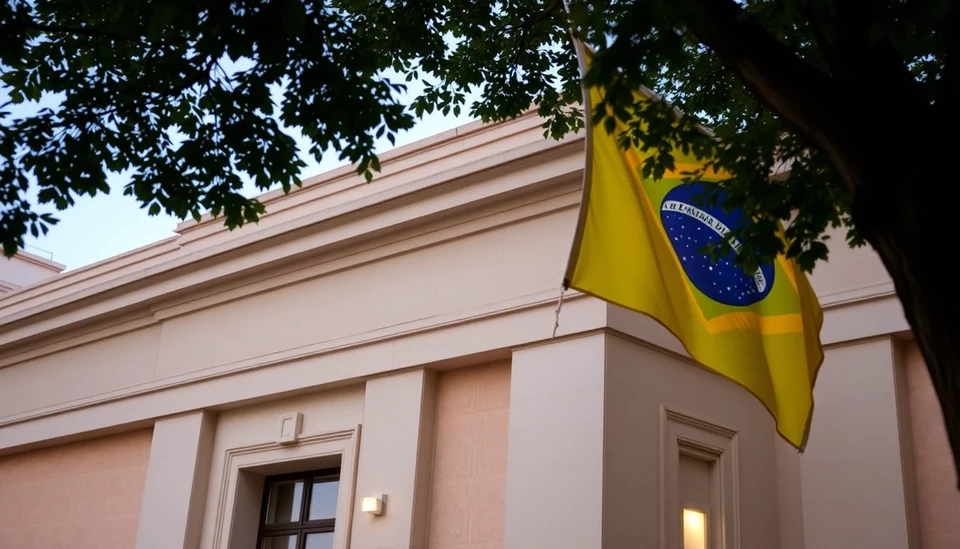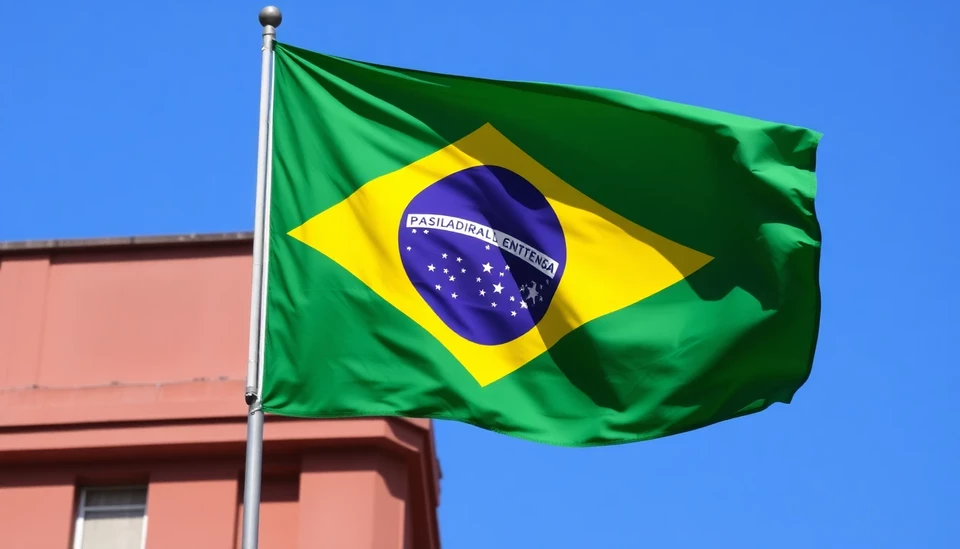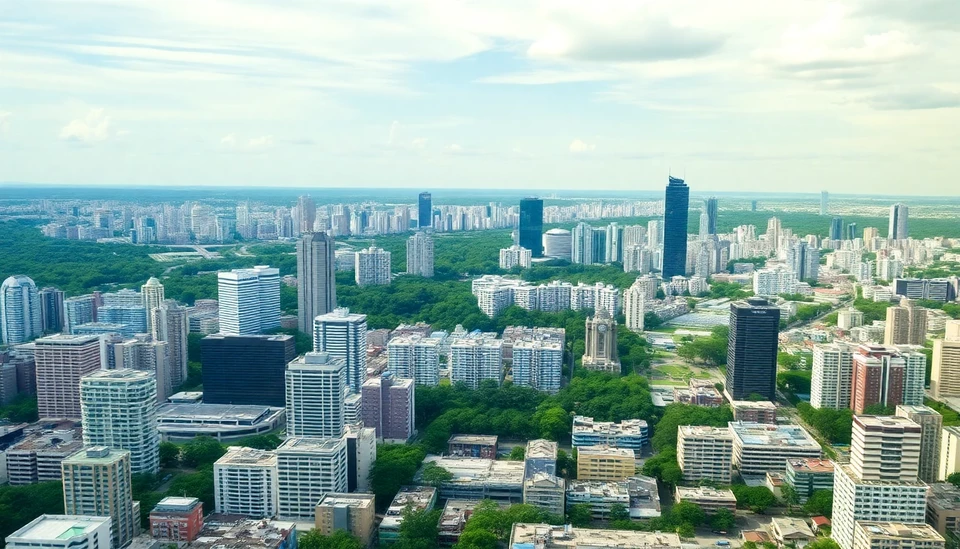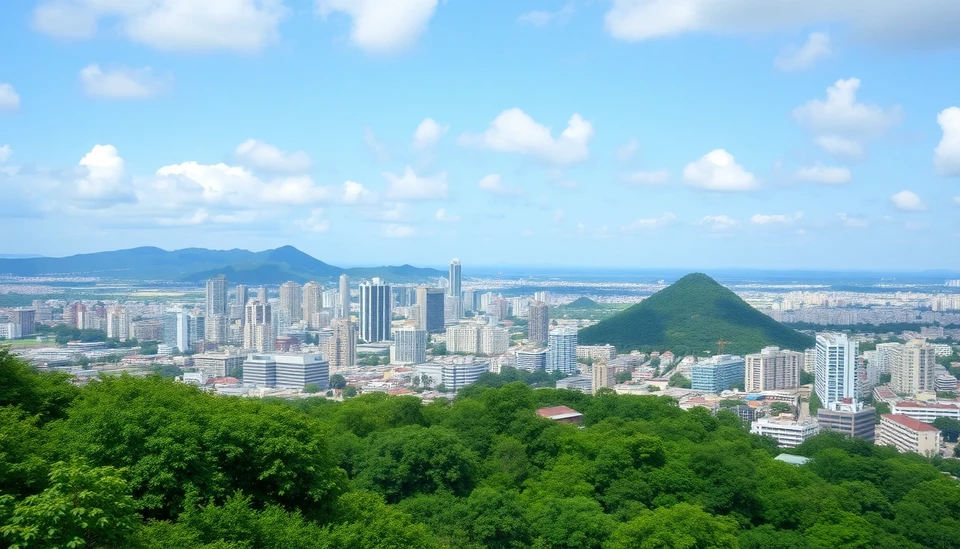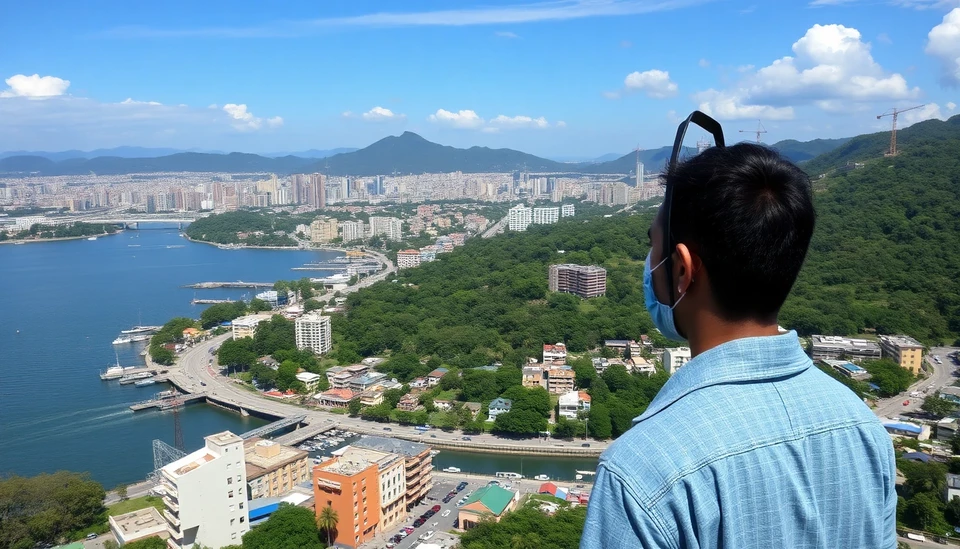
As Brazil enters a crucial period for its economic recovery, analysts are raising alarms about the prospects for inflation and interest rates in the coming years. Recent evaluations suggest that by 2025, Brazil’s key interest rate, currently at 13.75%, could rise as high as 15%, driven largely by persistent inflationary pressures and the government's fiscal policies.
The inflation rate in Brazil has shown signs of escalating, prompting the Central Bank to signal a need for tighter monetary policy. The factors contributing to the inflationary trend include the volatility of global commodity prices, a surge in consumer demand post-pandemic, and the ongoing challenges with supply chain disruptions.
According to local economists, maintaining manageable levels of inflation is becoming increasingly challenging for Brazilian authorities. The government has been facing pressure to balance policies that support growth while simultaneously curbing inflation, which has previously exceeded targeted thresholds. As market conditions evolve, expectations for inflation in the country are becoming more pronounced.
Recent calculations by key economic institutions indicate that inflation may breach the 5% mark in the near future, raising concerns that consumer prices are soaring beyond comfortable limits. Unemployment rates, although showing improvement, remain a concern, influencing consumer behavior and spending patterns.
The Central Bank has been proactive in adjusting its monetary stance, but with inflation expectations elevated among market participants, the likelihood of further rate hikes seems inevitable. Several analysts have noted that the bank's actions will be crucial in steering Brazil toward sustainable economic growth. They are calling for rapid responses to current inflationary trends to prevent further destabilization of the economy.
In light of these challenges, the Brazilian government is tasked with reconsidering its fiscal strategies, ensuring public spending is optimized for growth, and simultaneously combating inflation. There are calls for a more targeted fiscal policy that focuses on long-term investments while managing short-term economic pressures.
The convergence of these economic dynamics suggests that investors and consumers alike should prepare for a period of heightened interest rates and persisting inflation, which could have far-reaching implications for Brazil’s economic landscape through 2025 and beyond.
In conclusion, as Brazil navigates through this treacherous economic terrain, stakeholders must be vigilant and adaptable. Balancing the dual objectives of stimulating growth while keeping inflation in check will be paramount as the nation looks towards recovery in an increasingly uncertain economic environment.
#BrazilEconomy #Inflation #InterestRates #CentralBank #EconomicGrowth #FinancialMarket #FiscPolicy
Author: Rachel Greene
